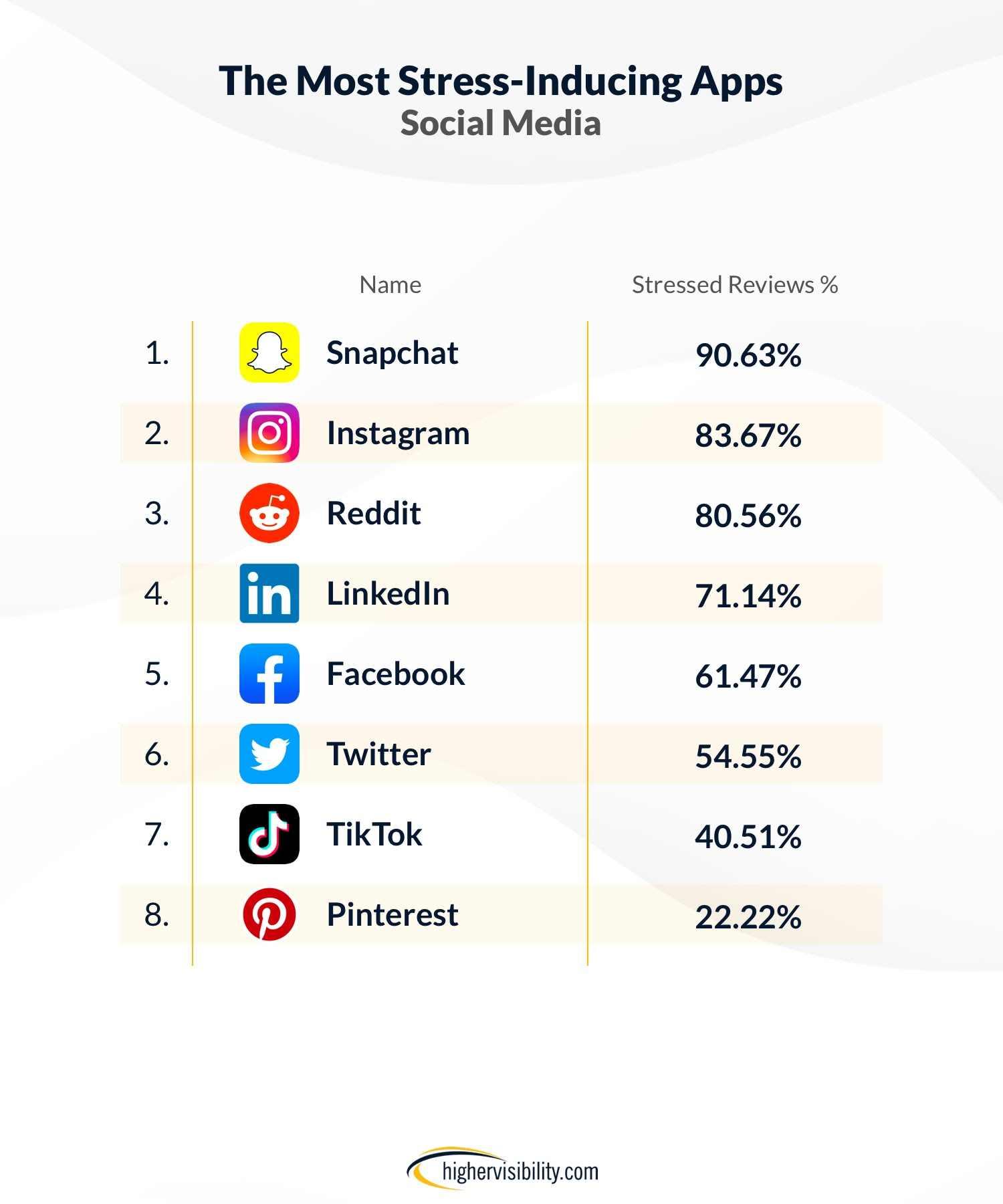In the digital age, where scrolling through endless feeds has become a daily ritual, the question of whether social media is a boon or a bane to our mental well-being is more pertinent than ever. As we curate our online personas and absorb the seemingly perfect lives of others, an undercurrent of stress begins to weave its way into the fabric of our existence. The vibrant tapestry of likes, shares, and comments, once a source of connection and joy, now raises a critical inquiry: should we hold social media accountable for the lifestyle stress permeating our modern lives? This article delves into the intricate dynamics of our online interactions, exploring whether the platforms designed to connect us might also be the silent architects of our anxiety.
The Digital Pressure Cooker exploring the link between social media and modern stress
In today’s hyper-connected world, the role of social media in shaping our daily lives is undeniable. As platforms evolve, so too does their influence on our mental well-being. The rapid exchange of information, constant notifications, and the pressure to maintain an idealized online persona can contribute to modern stress. While some users find solace and community online, others experience heightened anxiety and self-doubt. This dichotomy is a reflection of the complex relationship between digital interaction and personal stress levels.
Several factors can exacerbate stress through social media usage, including:
- Comparison Culture: Viewing curated snapshots of others’ lives can lead to unrealistic expectations and feelings of inadequacy.
- Information Overload: The relentless stream of news and updates can overwhelm users, contributing to mental fatigue.
- Fear of Missing Out (FOMO): Constant updates on events and activities can create a sense of exclusion or anxiety about not participating.
- Online Harassment: Negative interactions and cyberbullying can have severe emotional impacts.
While social media can be a double-edged sword, awareness and mindful usage can help mitigate its stress-inducing effects. The key lies in balancing digital engagement with real-world interactions and self-care practices.

Behind the Screen how curated online personas contribute to daily anxiety
In a world where social media platforms serve as a stage for meticulously crafted personas, the line between reality and fiction becomes increasingly blurred. As individuals curate their online presence, they often showcase only the most enviable aspects of their lives. This selective representation can lead to a pervasive sense of inadequacy among viewers, who compare their own unfiltered realities to these polished highlights. This phenomenon can contribute significantly to daily anxiety, as people struggle to measure up to the seemingly flawless lives presented on their screens.
- Perfection Illusion: The constant exposure to idealized lifestyles fosters unrealistic expectations.
- Comparison Trap: Scrolling through feeds can lead to unhealthy comparisons and self-doubt.
- Validation Seeking: The pursuit of likes and comments can create a dependency on external approval.
- Identity Fragmentation: The pressure to maintain a consistent online persona may cause stress and identity confusion.
While social media isn’t the sole culprit for lifestyle stress, its role in amplifying these pressures is undeniable. By recognizing the curated nature of online personas, individuals can begin to foster healthier digital habits and mitigate the anxiety that stems from constant comparison.

Balancing the Feed practical tips for reducing social media-induced stress
In our hyper-connected world, finding harmony between digital engagement and personal well-being can be challenging. However, there are practical strategies to help alleviate the stress often associated with social media use. Start by curating your feed; unfollow accounts that trigger anxiety or negativity and follow those that inspire positivity and growth. Establish designated times for checking your social platforms to prevent constant interruptions and maintain focus on other daily activities.
- Set boundaries: Allocate specific times for social media and stick to them.
- Mute notifications: Silence alerts to reduce the urge for frequent checking.
- Mindful scrolling: Be conscious of how content affects your mood and adjust your feed accordingly.
- Digital detox: Consider regular breaks to recharge and reconnect with offline activities.
These small adjustments can significantly contribute to reducing stress and cultivating a healthier relationship with social media. Remember, the goal is to use these platforms as tools for connection and inspiration, not as sources of stress or comparison.
 Mindful Scrolling cultivating a healthier relationship with online platforms”>
Mindful Scrolling cultivating a healthier relationship with online platforms”>
Mindful Scrolling cultivating a healthier relationship with online platforms
In a world where endless feeds and constant notifications are the norm, it’s crucial to explore ways to engage more mindfully with digital spaces. By shifting our perspective on how we interact with online platforms, we can begin to reduce the negative impact they may have on our daily lives. Here are some practical steps to cultivate a healthier relationship with social media:
- Set Intentions: Before logging in, ask yourself what you aim to achieve. Are you looking for inspiration, connection, or information? Having a clear purpose can prevent mindless scrolling.
- Curate Your Feed: Follow accounts that uplift and inspire you. Unfollow or mute those that drain your energy or contribute to stress.
- Establish Boundaries: Allocate specific times for social media use, and avoid using it during meals or before bed. This helps in maintaining a balance between online and offline life.
- Practice Digital Detox: Regularly schedule time away from screens to reconnect with the physical world, engage in hobbies, or simply relax without digital interference.
By consciously adopting these practices, we can transform our interactions with social media from passive consumption to a more intentional and enriching experience.
